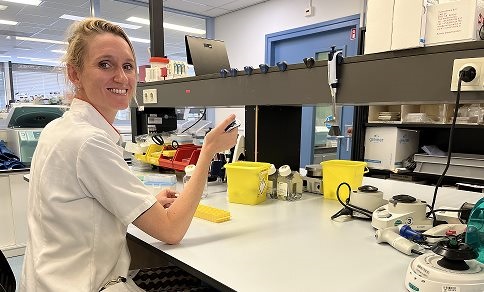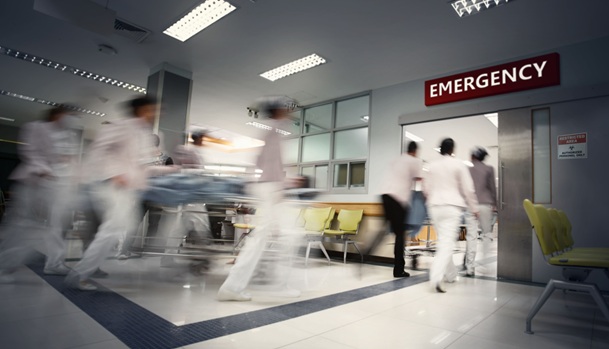Saliva Test More Accurately Indicates Severity of Recurrent Respiratory Infections in Children
Posted on 09 Aug 2024
Approximately 10-15% of children experience recurrent respiratory infections, prompting hospital visits where blood tests are commonly performed to check for antibody deficiencies. Yet, these tests often fail to provide helpful insights. There is a pressing need for alternative methods that better assess the severity of the condition, which would aid in determining when increased care or antibiotic treatment is necessary. Now, new research reveals that saliva testing might offer a more accurate reflection of the severity of recurrent respiratory infections in children compared to traditional blood tests. If saliva contains too few broadly protective antibodies, there is a higher likelihood of pneumonia episodes for the children.
The collaborative study by researchers at Radboudumc Amalia Children's Hospital (Nijmegen, Netherlands) and UMC Utrecht Wilhelmina Children's Hospital (Utrecht, Netherlands) involving 100 children with recurrent respiratory infections found that saliva tests are better indicators of disease severity than blood tests. The study demonstrated no significant correlation between blood antibodies and the extent of infection. However, saliva revealed the presence of broadly protective antibodies effective against various pathogens. Children with lower levels of these antibodies in their saliva experienced more severe infections. Interestingly, these antibodies are common in the airways of healthy individuals, including siblings and parents of affected children and their caregivers. A high level of these antibodies in saliva correlates with a strong defense against respiratory infections. Remarkably, these antibodies were even capable of binding to the SARS-CoV-2 virus in samples collected before the pandemic. Despite their abundance in saliva, these antibodies are rarely detected in blood.

The research also explored the balance of healthy and potentially harmful bacteria within the airway's mucous membranes, or microbiome. It identified a specific bacterium, Haemophilus influenzae, on the nasopharyngeal mucosa that is closely linked to the severity of respiratory infections. While this bacterium is also found in healthy airways, its high abundance is associated with increased illness frequency during the winter months, and it has been previously associated with pneumonia episodes. The findings, published in the European Respiratory Journal, highlight the potential of saliva and nasopharyngeal mucosal measurements as valuable tools in evaluating children with recurrent respiratory infections. Saliva testing not only offers new avenues for treatment but also sheds light on preventive measures; for instance, the flu vaccine has been shown to boost the level of protective antibodies in the saliva of healthy caregivers. Further research is underway to explore the potential of these antibodies in treating respiratory infections more effectively in the future.
“This helps us assess the amount of care and medication children need and which antibiotic to use, as the current standard does not work optimally against Haemophilus influenzae,” said PhD student Mischa Koenen. “I expect the initial blood test to remain, but for follow-up appointments, a more child-friendly saliva and nasopharyngeal swab could be used as indicators of expected respiratory disease burden.”
Related Links:
Radboudumc Amalia Children's Hospital
UMC Utrecht Wilhelmina Children's Hospital













